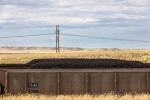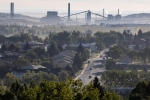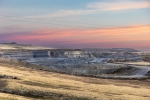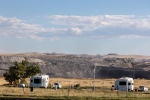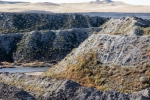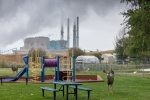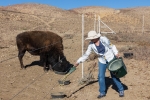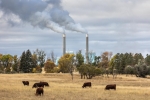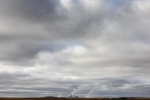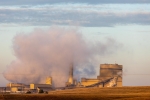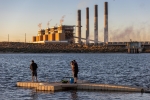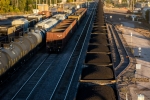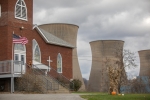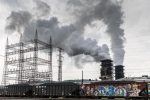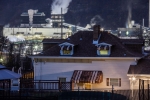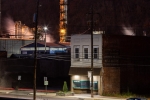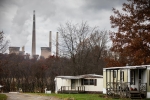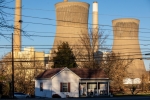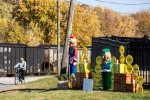I have yelled, “No more fossil fuels!” at rallies. On the one-hand, it seemed simple to me. Burning fossil fuels is driving climate change. On the other hand, there is a huge infrastructure and economy that supports real communities based on extracting, processing, transporting, and burning fossil fuels that can’t simply be abandoned. I decided to take a reality check by going to some of the places across the US that are economically dependent on one of these fuels: coal. I traveled to Wyoming, Montana, North Dakota, West Virginia, and Pennsylvania to better understand what the slogan I yelled might really mean.
While number three internationally in coal usage, behind China and India, the United States has the largest coal reserves in the world. Coal has produced great wealth and determined the development of entire regions of the US. The richest coal veins run though the Powder River Basin in Wyoming and Montana and from Pittsburgh to Alabama in the Appalachians. Communities rose and prospered around the mines, railroads, steel and power plants and with the jobs those industries created. As coal has declined since its peak usage in 2007, poverty and unemployment have followed in the regions dependent on it, often already hit by the globalization of manufacturing. The presence of coal is a good predictor of a region’s politics and religion, coal having become part of the culture wars that divide the US. Yet each region remains distinct with its own strengths and challenges.
What I saw in Wyoming, Montana and North Dakota were vast distances, isolation, drought. Most people I met believe that carbon capture technology will allow their communities to survive. In West Virginia and Pennsylvania, where the offshoring of manufacturing has had a devastating impact along with the decline of the coal industry, I saw closed mines and decommissioned power plants, downtowns with boarded up stores, communities that can’t take more job loss. This question of how to balance the needs of the future with the present is urgent. I know now there are no easy answers.
